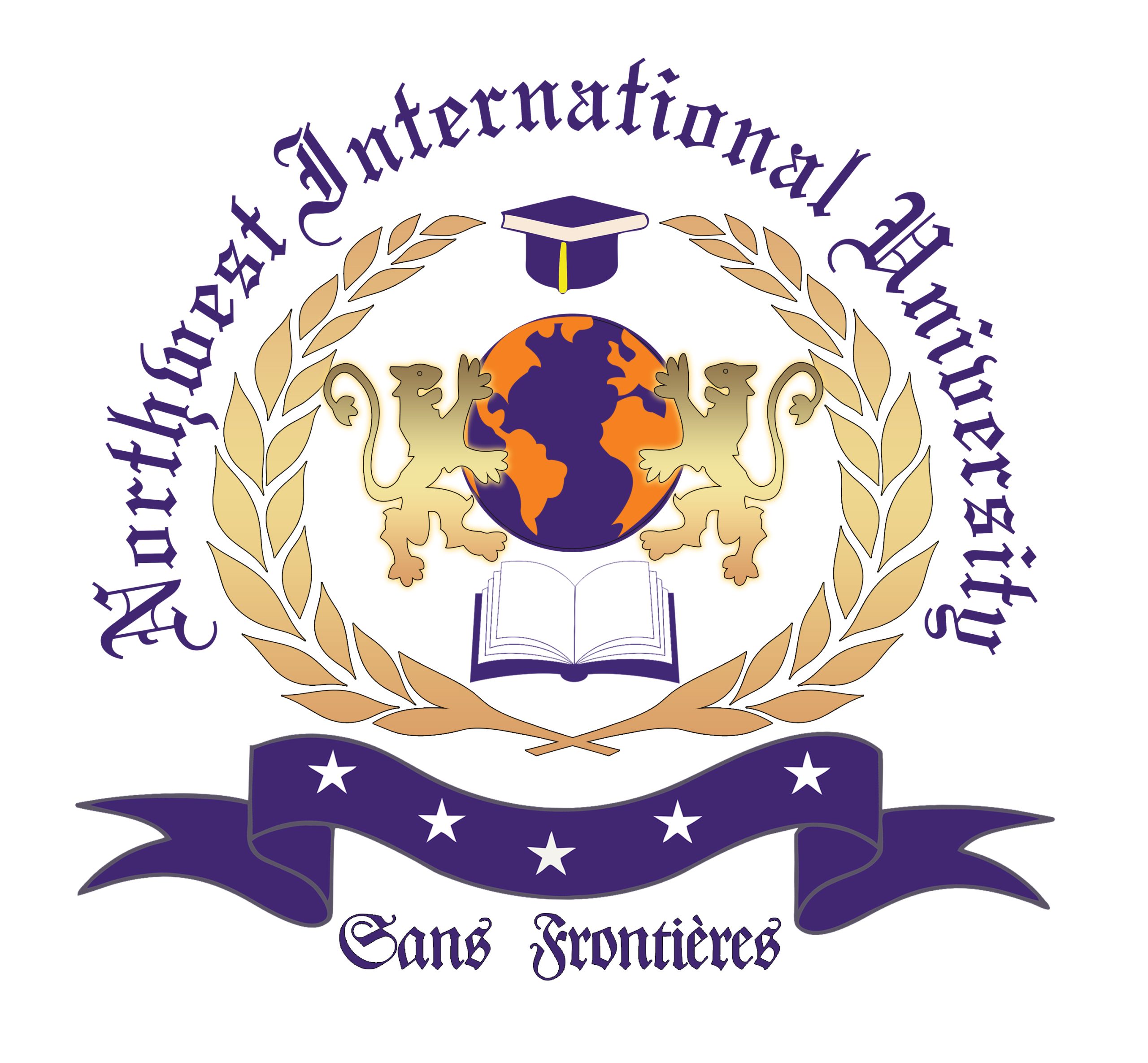Academic Programs
An academic program refers to a structured combination of courses, workshops, seminars, and/or other educational activities designed to develop knowledge, skills, and competencies in a specific field. Northwest International University offers a wide range of academic programs focused exclusively on short-term and skills-based courses. These programs are tailored to meet the educational and professional development needs of organizations, institutions, and individuals, and may include practical workshops, seminars, and continuing education modules. Northwest International University does not offer long-term degree programs or confer academic degrees. Instead, the university provides certificates of completion for its short-term and professional development programs. All educational activities are conducted in-person or through hybrid formats at the university’s regional offices and authorized classrooms. Northwest International University is committed to transparency, ethical educational practices, and alignment with international standards for skills-based and supplementary education.


Academic Certificates
An academic certificate is an official document issued by an educational institution to confirm that an individual has successfully completed a specific course of study, passed required assessments, or acquired specialized knowledge in a defined subject area.
In many countries, universities and higher education institutes offer academic certificates that reflect a student’s proficiency in a particular vocational or professional field. These certifications may be pursued either independently or alongside academic degree programs, and they often serve to enhance employability by validating specialized skills.
In fields such as information technology, academic certificates can also function as industry-recognized credentials. They demonstrate a graduate’s competency in specific systems, tools, or methodologies required by employers. For instance, a computer science graduate may need to acquire additional certifications in areas such as network security or cloud computing to meet corporate hiring requirements and maintain service-level agreements.
Academic certificates not only provide formal recognition of skill and expertise but also support continuous professional development and adaptability in a competitive job market.
Academic Certificate and Professional Certification Programs
Academic programs at Northwest International University are thoughtfully designed combinations of courses, workshops, seminars, and other educational activities aimed at developing practical skills and professional competencies. The university focuses exclusively on short-term and skills-based programs, tailored to meet the needs of organizations, institutions, and individual learners. These programs may incorporate hands-on workshops, seminars, and continuing education modules and are delivered through in-person, online, or hybrid formats at regional offices and authorized classrooms.
Northwest International University does not provide long-term academic degree programs or confer formal academic degrees. Participants receive certificates of completion upon successfully finishing short-term and professional development programs. The university upholds the highest standards of transparency, ethical practice, and compliance with international benchmarks for skills-focused and supplementary education.


Graduate Programs
Northwest International University offers graduate programs in collaboration with its esteemed partner universities. These programs are designed to meet recognized academic and professional standards, focusing on fostering advanced knowledge and specialized skills across various disciplines. The courses are delivered through flexible learning formats, including online, in-person, or a hybrid model, as well as project-based learning, allowing students to gain practical experience in their fields of study. The programs are structured to enhance both theoretical understanding and real-world application, preparing students for leadership roles in diverse industries.
TVET NWIU Technical and Vocational Education and Training Certificates
Technical and vocational education refers to those aspects of the educational process that, in addition to general education, involve the study of technologies and related sciences, as well as the acquisition of practical skills, attitudes, understanding, and knowledge relevant to occupations in various sectors of economic and social life.
In this broad definition, TVET refers to a range of learning experiences relevant to the world of work. These learning experiences may occur in various contexts, including educational institutions and workplaces. There are vast differences between the different TVET systems and their social contexts. Additionally, the increasing complexity of globalization and the social and economic changes have significant implications for TVET.
Northwest International University offers academic certificate programs in accordance with advanced educational standards. These programs generally prepare students to enter a vocation after the certificate is awarded. Some certificate-based academic programs combine classroom instruction with hands-on experience to teach students a specific trade or skill. Other certificate programs are offered at the graduate level, adding additional credentials to an individual’s existing degree. Certificate programs can take anywhere from a few weeks to two years to complete.


Northwest International University offers a variety of TVET academic programs and certificates in collaboration with outstanding centers and institutions across different countries. Furthermore, according to the Prior Learning Assessment and Recognition (PLAR) educational system, the university awards academic certificates to students who have previously received training in specific technical/vocational fields of applied science and technology through participation in local accredited TVET institutions.
Non-degree Programs
Non-degree programs cater to individuals who wish to pursue an area of academic interest without the need for a formal professional degree. These programs provide an excellent opportunity for those looking to gain specific skills for career advancement or personal enrichment. Non-degree programs are designed to meet various educational needs, ranging from resume-building qualifications to enhancing personal knowledge and skills. Offered by many academic institutions, these programs can be taken online, allowing for flexibility and accessibility to learners worldwide.
The cost, structure, and requirements of non-degree programs can vary significantly depending on the provider. Whether you’re seeking to expand your expertise in a particular field or gain new skills for personal growth, there’s likely a non-degree program that aligns with your goals. It’s important to review the options available and make an informed decision based on your specific needs and interests.
At Northwest International University, non-degree programs are offered tailored to the needs of individuals or organizations when necessary, providing customized educational experiences.

Non-Degree Students (Exchange and Visiting Students)
At Northwest International University, certain non-degree programs are short-term, skills-based courses designed to be completed at the university’s classrooms or authorized learning centers. These programs include Dual Certificate and Student Exchange opportunities, structured in accordance with formal protocols and Memorandums of Understanding (MoUs) with partner universities.
Exchange Students:
Students participating in exchange programs temporarily study at Northwest International University, completing short-term or skill-based courses. Successfully completed courses may be credited and transferred to their home university, allowing students to continue and expand their academic or professional studies.
Visiting Students:
Visiting students may enroll independently in specific short-term or professional development programs. They can earn official certificates or have credits evaluated for transfer to partner institutions, based on formal agreements.
Through these programs, Northwest International University provides a flexible, hands-on learning environment that fosters skill development, cross-institutional collaboration, credit mobility, and recognized Dual Certificate opportunities, all fully aligned with partner university standards and international best practices.
